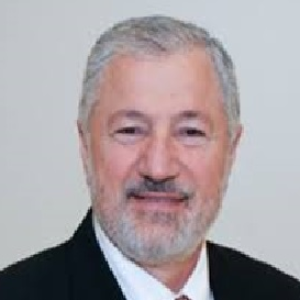Abstract:
Nuclear export is an evolutionary conserved mechanism that regulates the balanced nuclear expression of tumor suppressor proteins (TSPs). Overexpression of the major exportin protein chromosome region maintenance 1 (CRM1) results in nuclear exclusion of TSPs and is considered the underlying cause for low efficacy of drugs that target TSP activation. CRM1 overexpression has been linked to poor prognosis of pancreatic cancer (PC). Recently, we showed that inhibition of CRM1 by our specific inhibitors of nuclear export (SINEs) can suppress PC cell proliferation and induce tumor growth arrest in mice (Gastroenterology; 2013). Further, our large scale screening of gemcitabine (GEM) refractory PC patient tissue showed consistent over-expression of CRM1 that was concurrent with nuclear exclusion of major TSPs. These important findings suggest that CRM1 inhibition is could be an attractive strategy against GEM refractory PC. Here we show that SINEs synergize with GEM (CI<1) in a panel of PC cell lines and spheroid models that over express CRM1 [GEM resistant (GR) MiaPaCa-2-GR and AsPC-1-GR]. We also found that SINE-GEM can inhibit the proliferation of two recently identified stem cell models of PC (CD24+;CD44+;EpCam+). Mechanistically, SINEs were found to reverse GEM mediated expulsion of major TSPs and induce nuclear re-alignment of IκB, FOXO3a, p73, Par-4 and p27. Systems analysis of microarray expression datasets from SINE-GEM treated PC cells showed enrichment of gene networks in the nucleus of PC cells. Functional ontology of activated gene networks linked them to pathways that were relevant to stem cell and EMT inhibition and cancer fibroblast cell death associated signaling. These studies indicate that SINE-GEM can interfere with the EMT, stemness and fibroblast promoting signaling. Based on these important findings, we are initiating a SINE-GEM based multi-center Phase I/bII clinical trial in PC patients




